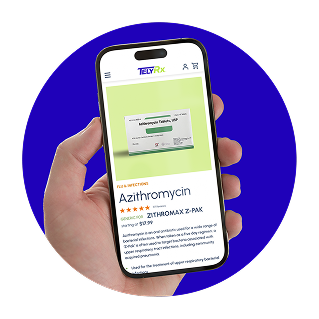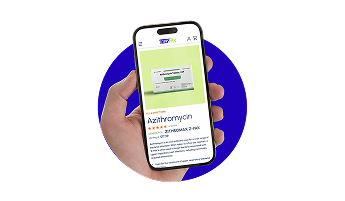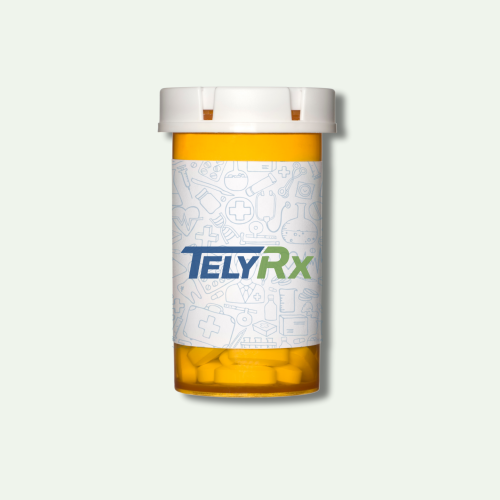Verapamil ER Tablets
Verapamil extended-release tablets are used to treat high blood pressure, chest pain (angina), and certain heart rhythm disorders. They work by relaxing the blood vessels and slowing the heart rate, which helps the heart pump more efficiently and reduces its workload. Verapamil belongs to a group of medications called calcium channel blockers, and it helps control blood pressure and improve blood flow by blocking calcium from entering the heart and blood vessel cells.
- May be used alone or in combination with other antihypertensive agents
- Extended-release formulation allows for sustained drug release over time
- Can be taken with or without food at the same time each day
- Tablets should be swallowed whole and not crushed or chewed
-
Verapamil ER Tablets Medication Description
Verapamil extended-release tablets are a cornerstone therapy for managing cardiovascular conditions such as hypertension, angina, and certain arrhythmias. As a calcium ion influx inhibitor, verapamil modulates the movement of calcium across cell membranes in the heart and blood vessels. This action leads to vasodilation, decreased heart rate, and reduced myocardial oxygen demand, making it effective for both blood pressure control and angina relief. The extended-release formulation ensures a steady release of medication throughout the day, improving patient adherence and minimizing fluctuations in blood pressure. Verapamil is particularly useful in patients who require long-term management of supraventricular tachycardia or chronic stable angina. It is often integrated into treatment plans alongside lifestyle modifications and other cardiovascular medications. Clinicians must monitor for drug interactions and contraindications, especially in patients with conduction abnormalities or compromised cardiac function. -
Verapamil ER Tablets Side Effects
Common side effects of verapamil extended-release tablets include constipation, dizziness, headache, nausea, and fatigue. Some patients may experience low blood pressure, slow heart rate, or swelling in the legs. Serious side effects can include heart block, worsening heart failure, and liver dysfunction. Verapamil may also cause allergic reactions or exacerbate existing conduction issues. Patients should monitor for symptoms such as fainting, shortness of breath, or irregular heartbeat and report them to their healthcare provider. Breastfeeding is not recommended during treatment due to potential drug transfer through breast milk. -
Consumer Information Use and Disclaimer
This information should not be used to decide whether or not to take this medicine or any other medicine. Only a healthcare provider has the knowledge and training to decide which medicines are right for you. TelyRx does not endorse any medicine as safe, effective, or approved for treating any patient or health condition. This is only a limited summary of general information about the medicine’s uses from the patient education materials and is not intended to be comprehensive. This limited summary does NOT include all information about the possible uses, directions, warnings, precautions, interactions, adverse effects, or risks that may apply to this medicine. This information is not intended to provide medical advice, diagnosis or treatment and does not replace information you may receive from your healthcare provider. For a more detailed summary of information about the risks and benefits of using this medicine, please review the entire patient education information you receive with the medication.
How TelyRx Works


1. You Choose
Request Your Prescription.


2. Doctors Review
Doctors Prescribe. Pharmacists Dispense.


3. We Deliver
Your Medication Arrives Quickly and Discreetly


Verified Customer Reviews
| Sex | Both |
|---|---|
| Pick and Pack | No |
| Order Flagging System | No |
| Set Cart Qty Limit | 4 |
| Robots Meta | INDEX, FOLLOW |



